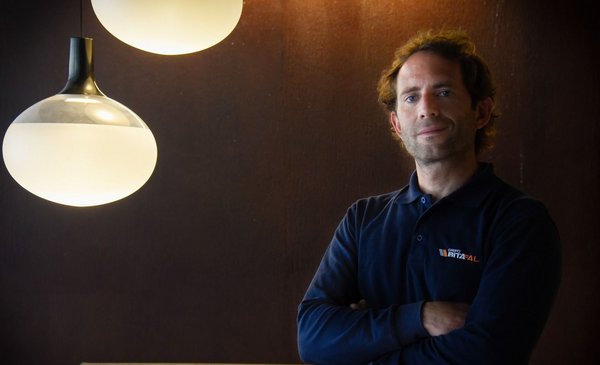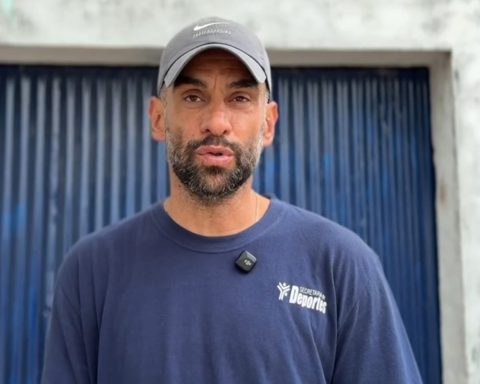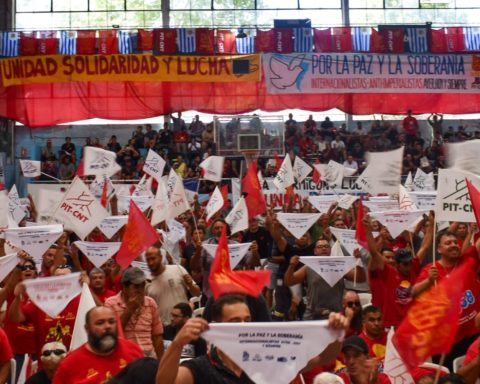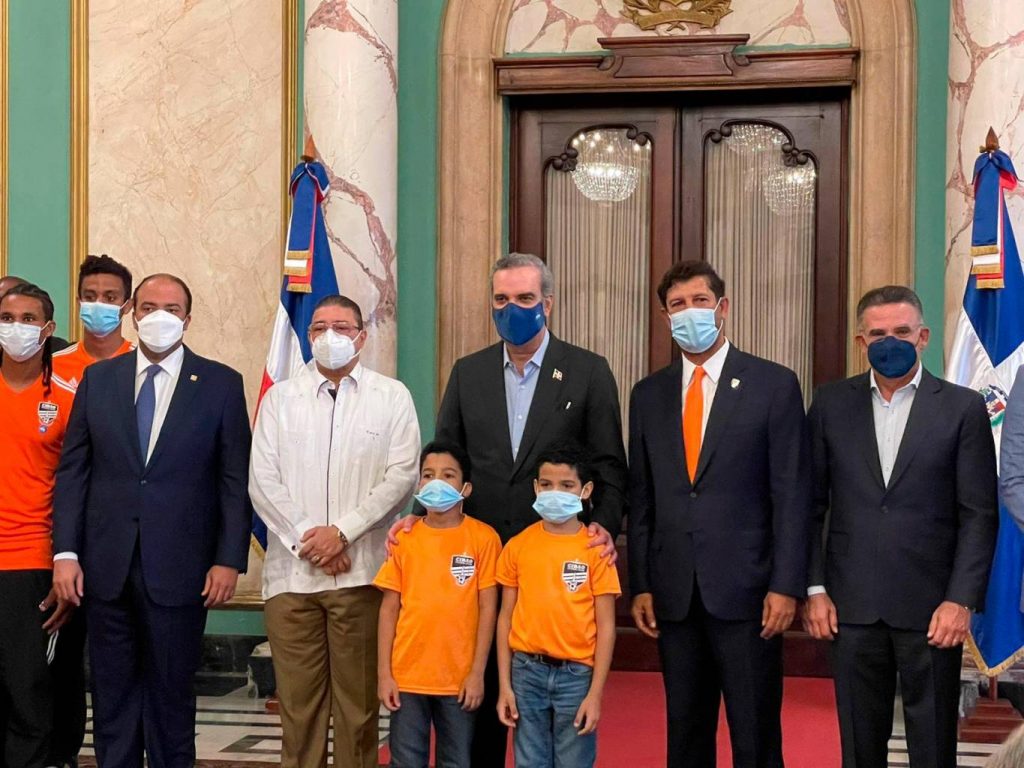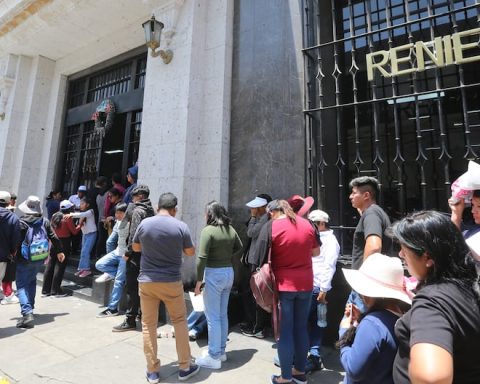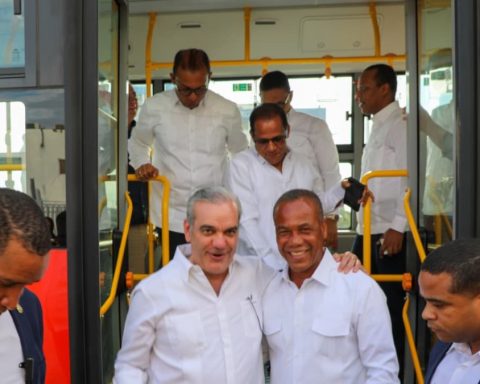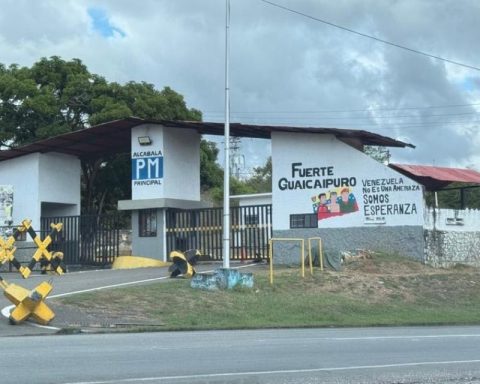The project is a roadmap that never ends because constantly thinking about how to generate alternatives to build roads and contribute to the environmentThe director of the Bitafal group, Santiago Kröger, explained to El Observador.
The company’s initiative, which is one of the ten finalist intrapreneurships in this sustainable edition of EmprendO, emerged 20 years ago, but since 1996 the Bitafal Group has been specifically dedicated to the road sector. The company had been founded in 1991 as a supplier of chemical products for the national industry.
Two decades ago “we started a process in which we try to promote cold techniques for surface treatments”said Kröger, who recalled that they published a book about it. The material has become a source of reference for students.
His intrapreneurship has three fundamental milestones. The first is the development of asphalt paving technology from cold techniques. It had a very significant impact on the environment since it reduced carbon dioxide emissions, in addition to replacing the use of diluted asphalt which, in recent years, allowed minimizing the emission of solvents into the atmosphere by almost five thousand tons In uruguay.
The second milestone is the center of this innovation: the incorporation of pavement recycling in Uruguay. It made it possible to reuse existing materials on the roads without the need to use non-renewable resources, replacing millions of tons of quarry material with existing elements.
The third milestone is the current stage. In those pavements in which it is not possible to substitute most of the materials from non-renewable material sources, they use waste from other industries and make them sustainable pavements. They started with tire dust, glass dust, and steel mill slag. It has a significant impact because today a lot of that waste is going to landfill. This gives a recyclability closure to the roads.
“And in 2017 it exploded,” said the director of the group to explain that they began to see the fruits of this work process with products and road construction techniques that seek to contribute to ecological balance.
“Eight years ago we brought the first pavement recycling train, which allows us to make a more rigid road base,” explained Kröger. “We brought the first machine thinking that it was going to be an incipient development and after three or four years we already had 15,” he added.
Set trend
“Nowadays all the works that are taking place in the country are using these pavement recycling machines. We had an exponential development of the technique ”, assured the leader of the organization.
The group is made up of four parts: Bitafal Special Asphalt, Bitafal Rentals, Ergont Transportes and the Center for Research in Road Technologies (CITEVI).
The first is a supplier of inputs for road construction. Since 1998, it has the first production plant for emulsions and modified asphalt. It has grown steadily, incorporating sustainable technology and solutions for road construction.
Bitafal Rentals was created in 2012. It rents specific equipment for the construction and maintenance of roads. Ergont Transportes is also part of the group and its objective is to provide transport services for products in national and international territory. The Research Center for Road Technologies is the only one of its kind in Uruguay, it was created in order to carry out research on asphalt, aggregates, asphalt mixtures and soils.
“In our policy and in our values, the issue of innovation and sustainability as fundamental principles,” said Kröger.
“Any project we undertake will try to make a product that is less polluting than the previous one, lasts longer, has a longer life cycle or is recyclable”explained the director of the Bitafal group.
